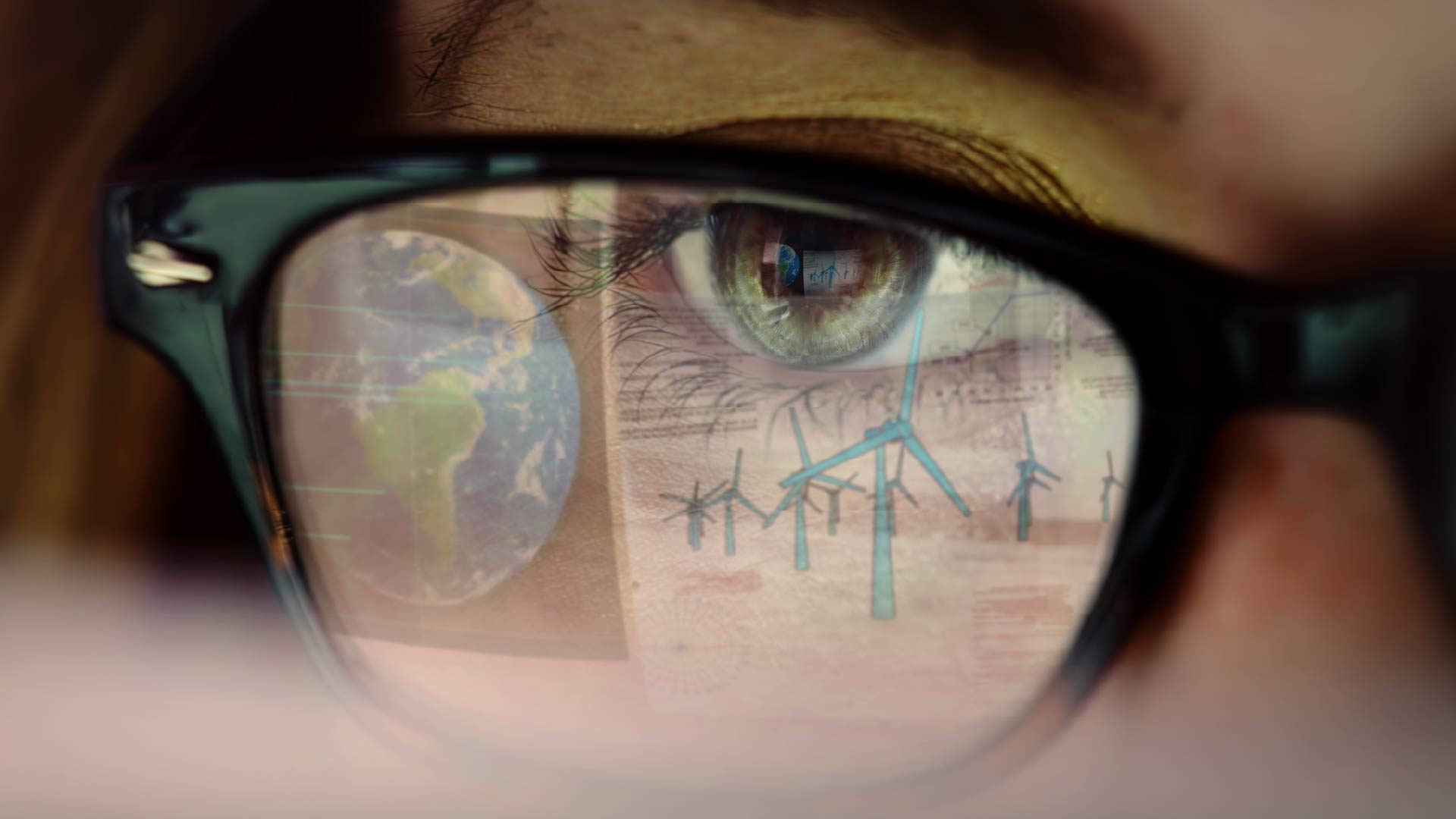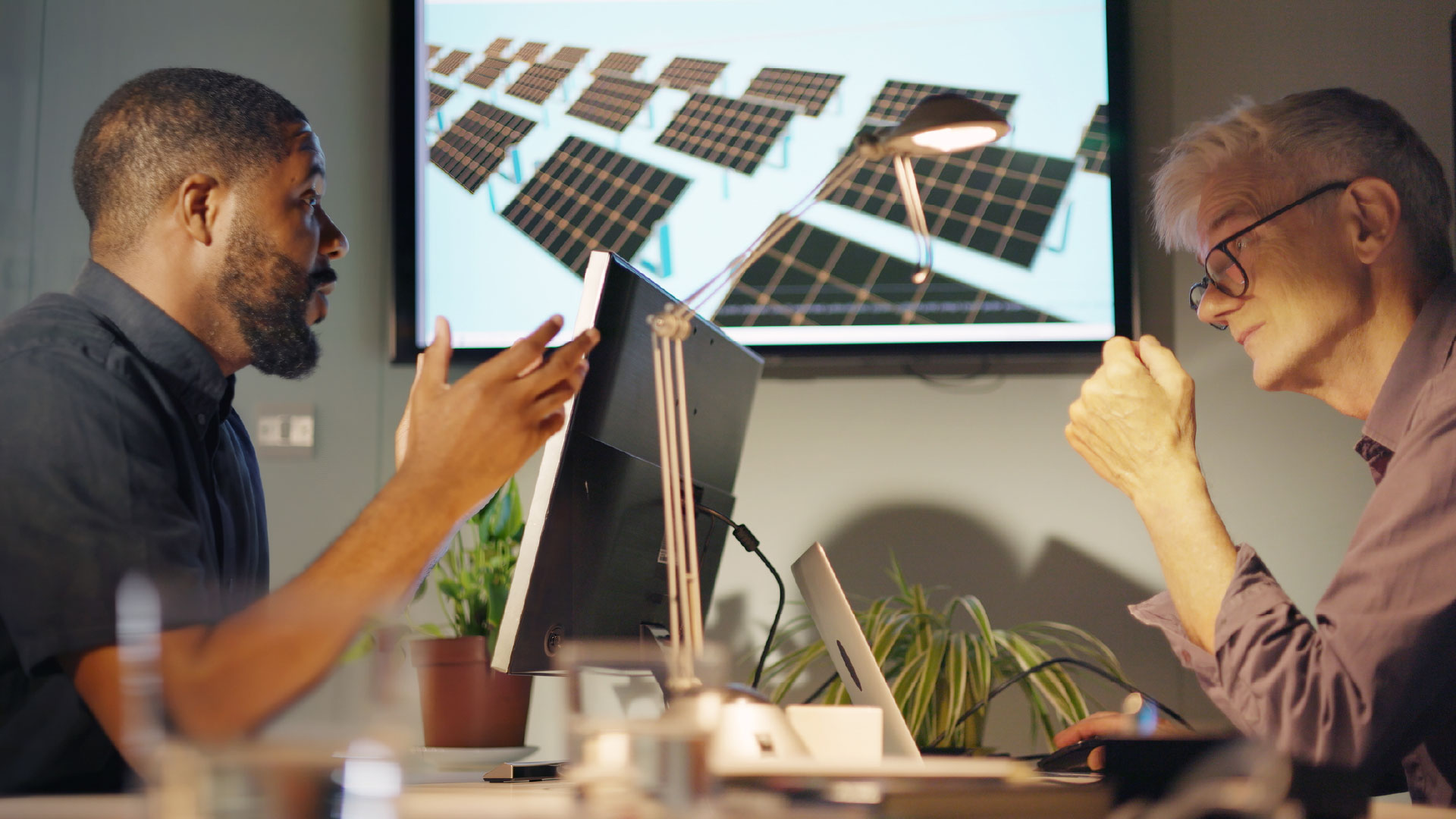Market Overview: The Business Case And Solutions For Methane Mitigation

Alastair Foyn
Access this research
Access all Carbon Management Software content with a strategic subscription or buy this single report
Need help or have a question about this report? Contact us for assistance
Executive Summary
Over recent years, methane has drawn increasing corporate, political and public attention, as its warming potential – 84 times greater than CO2 – has become more widely acknowledged. In sectors with high proportions of methane emissions, notably waste and the oil and gas industry, abatement has become a key near-term target, with firms setting ambitious reduction goals over the next decade. This report identifies the most common issues of methane emissions mitigation and segments the market of solution providers into three broad categories, based on the challenges they address.
Methane Mitigation Faces Substantial Logistical And Technical Challenges
The Financial Business Case For Methane Mitigation Has Improved
Ambitious Reduction Targets Will Drive Demand For Technology Solutions
Innovations Are Addressing The Challenges Of Methane Mitigation
LDAR Solutions Identify Fugitive Emissions From Oil And Gas Infrastructure
Controlled Emissions Reduction And Fugitive Emissions Avoidance Reduce Leaks, Flares And Vents
Figure 2. Congressional Projections For IRA Waste Emissions Charge (2024-2029)
Figure 3. US Oil And Gas Facilities Subject To The IRA’s Waste Emissions Charge And Their 2019 Methane Emissions (Million Metric Tons Of CO2 Equivalent)
Figure 4. Timeline Of Methane Emission Reduction Targets
Figure 5. Annual Costs Of Methane Mitigation Measures (2022)
Figure 6. Segmentation Of The Methane Emissions Reduction Market
Figure 7. Advantages And Disadvantages Of LDAR Sensor Vectors (Satellites, Aircraft, Drones And Statics)
Figure 8. Comparison Of Methane-Detecting Geospatial Satellite Solutions
About the Authors

Alastair Foyn
Analyst
Alastair is an Analyst in the Verdantix Net Zero & Climate Risk practice. His current research agenda focuses on carbon management software and decarbonization best practi...

Ryan Skinner
Research Director
Ryan is a Research Director at Verdantix, where he leads a team of analysts delivering research, data and advisory services that help clients navigate the fast-evolving landsc...
View Profile





.png?sfvrsn=db470322_1)
